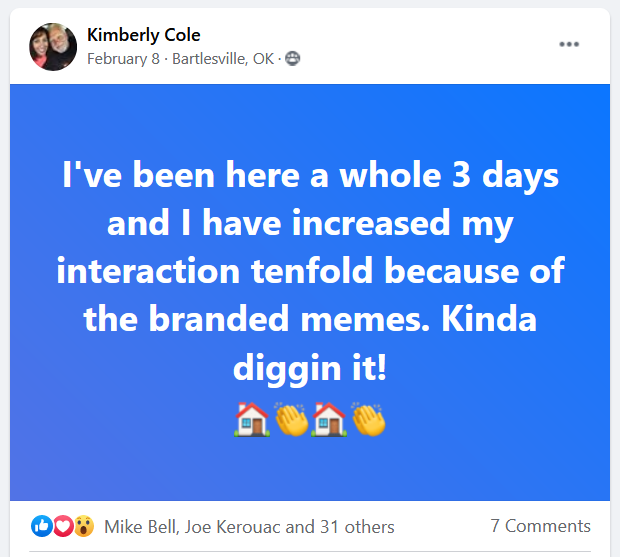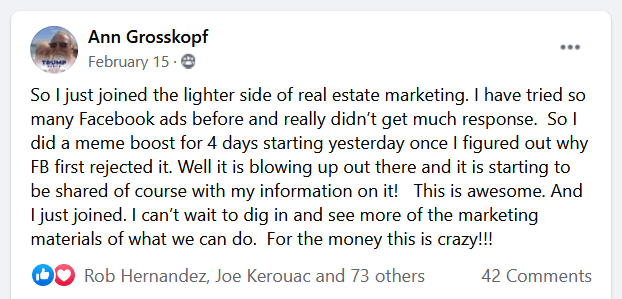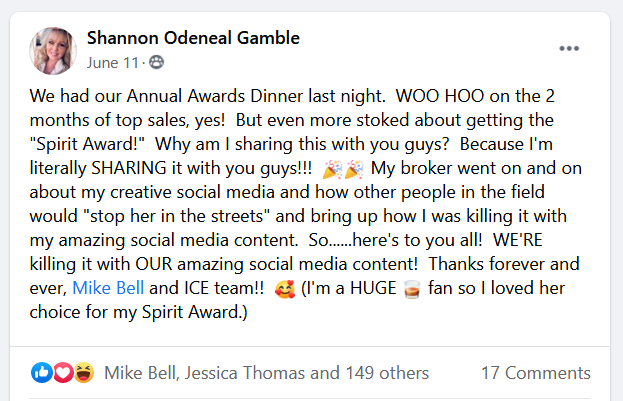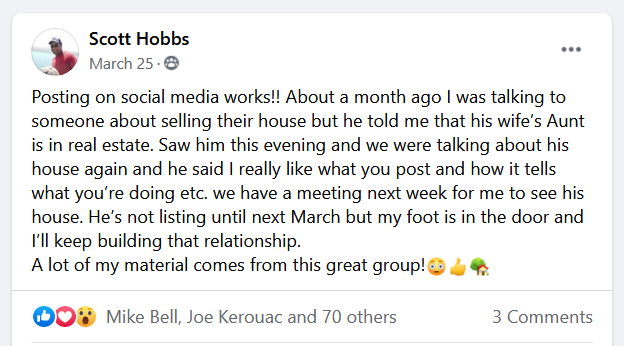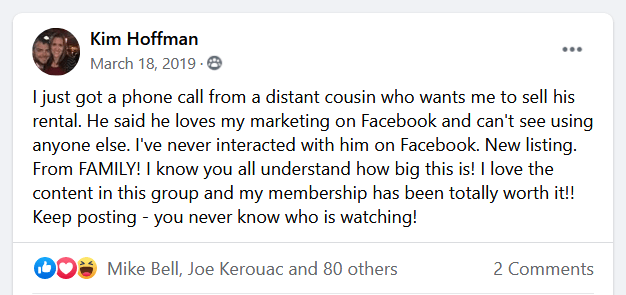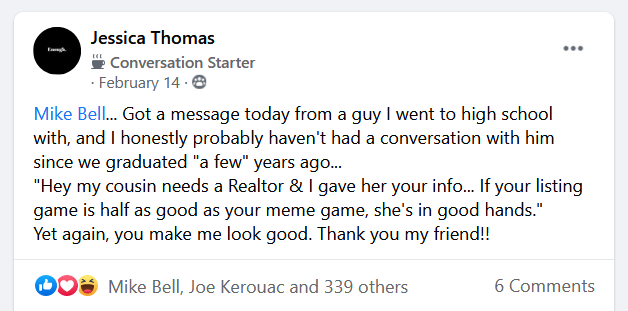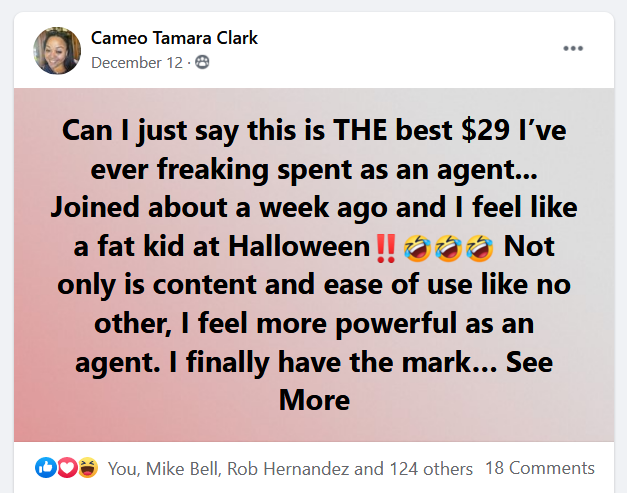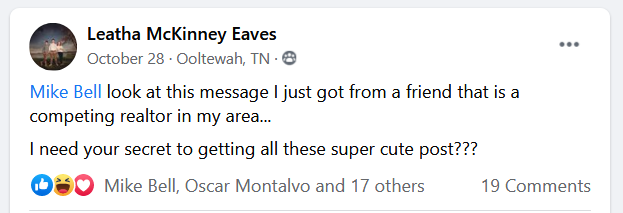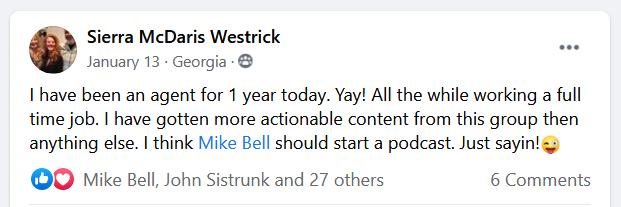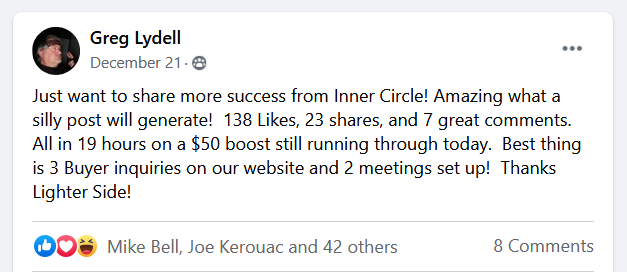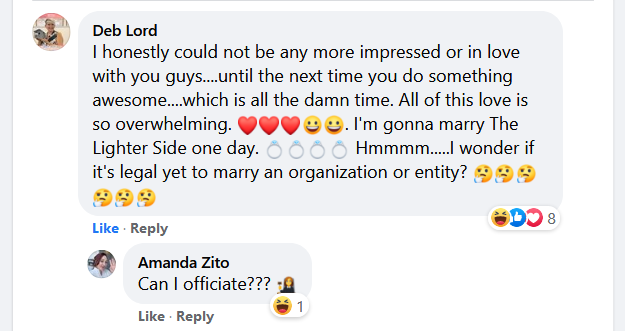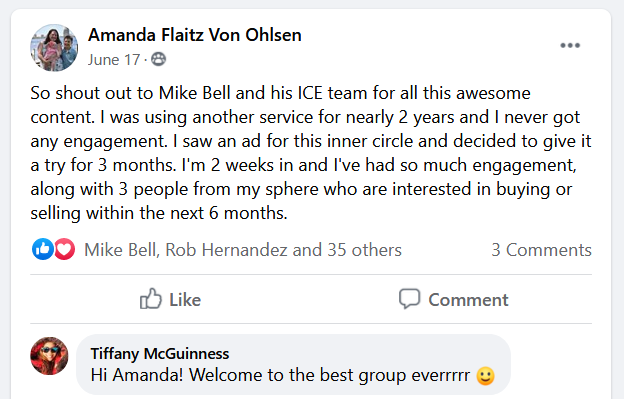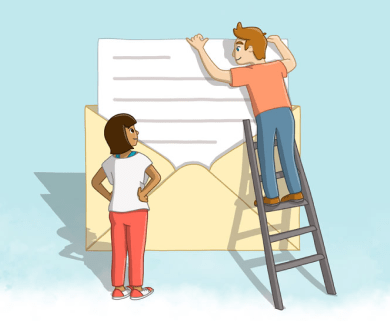
I’m A Real Estate Agent. Am I A Sleaze?
If I’m not writing, I’m selling real estate. Sometimes, when I reveal this to my artsy writer friends, I get a look of surprise or



For many first-time buyers, saving for a down payment feels like an impossible hurdle. That’s not surprising, considering many people still believe that you need 20% of the purchase price saved up to even qualify for a loan.
The truth is, you don’t need 20% down to buy a home. Many loan options exist that allow for much smaller down payments—10%, 5%, 3%, and even zero money down in some cases if you qualify. In fact, according to The Mortgage Reports, the median down payment for first-time home buyers was just 9% in 2024.
Despite the availability of low down payment options, the 20% myth persists for a reason: it was once the gold standard. And while there are advantages to putting 20% down—like avoiding private mortgage insurance (PMI)—it’s no longer the requirement many people think it is.
Even if they’re aware that there are lower down payment options, many potential buyers hesitate to take the leap into homeownership. The idea of saving thousands of dollars can be so intimidating that some people resign themselves to renting for the rest of their lives, and even rationalize that it’s the smarter choice.
While it might be daunting to save up a significant amount of money for a down payment, it might not be so painful if you look at it from a different point-of-view!
Let’s take a step back and think about what a down payment really represents. A down payment is your initial investment in a property—your “skin in the game,” so to speak. The great thing about real estate is that it’s one of the most accessible investments that provides significant leverage.
NYU professor and finance expert Scott Galloway explained this concept in a recent article. He points out how real estate is unique because it allows buyers to control an asset worth hundreds of thousands of dollars with just a fraction of that amount as an upfront investment.
Think about it this way: If you’re buying a $300,000 home, even a 5% down payment would be $15,000. That’s a big number, no doubt, but it’s a far cry from the $60,000 required for a 20% down payment. More importantly, that $15,000 gives you access to the full value of the home—not just $15,000 worth of it.
Compare that to other types of investments. As Galloway said in the article, you can’t buy $100 of Apple stock for $20. If you want to buy $15,000 worth of stocks—unless you get into trading risky and technical types of investments like options contracts and margin trading—you have to pony up the entire $15,000. On the other hand, real estate lets you leverage your investment in a way that few other asset classes can. And the benefits go beyond leverage.
Real estate is more than just an investment vehicle. It’s something everyone needs—a place to live. When you purchase a home, you’re not just building equity or benefiting from potential appreciation. You’re also securing your own space, locking in your housing costs (unlike rent, which tends to rise over time), and enjoying potential tax advantages.
These benefits are why many experts consider homeownership a cornerstone of building wealth. It’s an asset that serves multiple purposes: a roof over your head today and financial security for tomorrow.
Of course, like any investment, real estate does come with risks. Maintenance costs, market fluctuations, and the responsibility of managing a property are all factors to consider. But the long-term benefits of owning a home often outweigh these challenges.
Perhaps for many people, the biggest obstacle to buying a home isn’t the down payment—it’s a mindset.
A recent article from CNBC highlighted a money bias called “complexity aversion.” Nearly 50% of Americans don’t own any investment assets, not because they can’t afford to, but because the process feels too overwhelming. While they were mainly talking about investing in the stock market, it could easily apply to many first-time buyers who feel like homeownership is too complicated and out of reach.
Of course it’s still a good idea to diversify and invest money in the stock market or other investment vehicles, but considering nearly half of people don’t, buying a home is a great way to invest in your future.
Buying a home might seem complicated, but it’s actually one of the most straightforward ways to start building wealth. Unless you never move out on your own, you’re going to have to pay to live somewhere, so it might as well be toward a mortgage that you’re paying down, and building up equity in a property you own.
And it can be even less complicated if you work with a knowledgeable lender and real estate agent…
If you’re still renting because you think you can’t afford a down payment, it’s time to take a closer look at your options. The first step is finding out how much you could be approved to borrow and how much of a down payment you’d need for different loan programs.
You might discover that you already have enough saved to make homeownership a reality. And if you’re not quite there yet, knowing your target can make the goal feel much more attainable.
So reach out to a local real estate agent and ask them for a list of lenders who specialize in first-time buyers. Together, they can help you explore options you may not even know exist, and will help make the process less complicated or intimidating than it may seem!
The Takeaway:
Saving for a down payment might feel like an uphill battle, but it’s one of the smartest financial moves you can make. A down payment is more than just an upfront cost—it’s the key to unlocking the full value of a home, thanks to the power of leverage. Even a small percentage of the purchase price gives you control over a significant asset, something few other investments can offer.
While it may take time and discipline to save, the benefits of homeownership—including equity, stability, and potential appreciation—make the effort worthwhile. Start by exploring your options with a trusted lender and real estate agent, and you may find that buying a home is closer to reality than you think.

(Shh, our secret)
Show your sphere your an expert. We have over 2100 articles covering every real estate topic your audience will love.
Position yourself as a real estate authority!
Real estate + topical events — the perfect match!
Become the bearer of good vibes!
Because hey, everyone loves to laugh!



Get our weekly email that makes communicating with your sphere on social actually enjoyable. Stay informed and entertained, for free.

If I’m not writing, I’m selling real estate. Sometimes, when I reveal this to my artsy writer friends, I get a look of surprise or

Customer Relationship Management (CRM) systems are a necessary evil for real estate agents. Ideally they’ll make your life easier, keep you organized, and help you
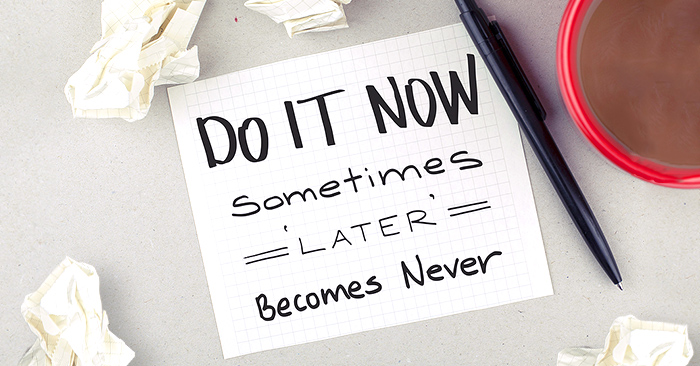
When you’re in the middle of working with a client, you’re touching base with them constantly. You can actually get pretty close to them, and
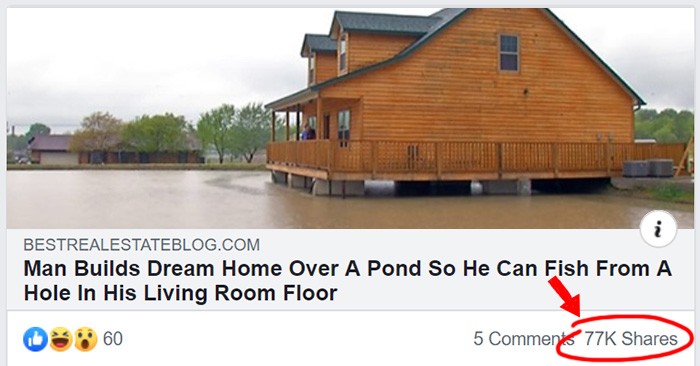
“Going viral” is such a subjective term, isn’t it? Ask ten people to name the point when something is officially “viral” and you’ll get ten

Let me take a stab in the dark here… You feel your company is the greatest, and everyone else should join too. Am I right?
Depending on your situation, it may not take the full 30 minutes.

This reset password link has expired. Check the latest email sent to you.
